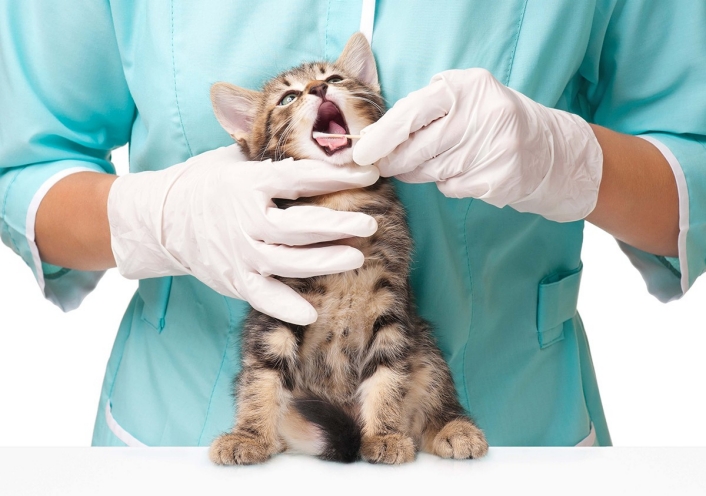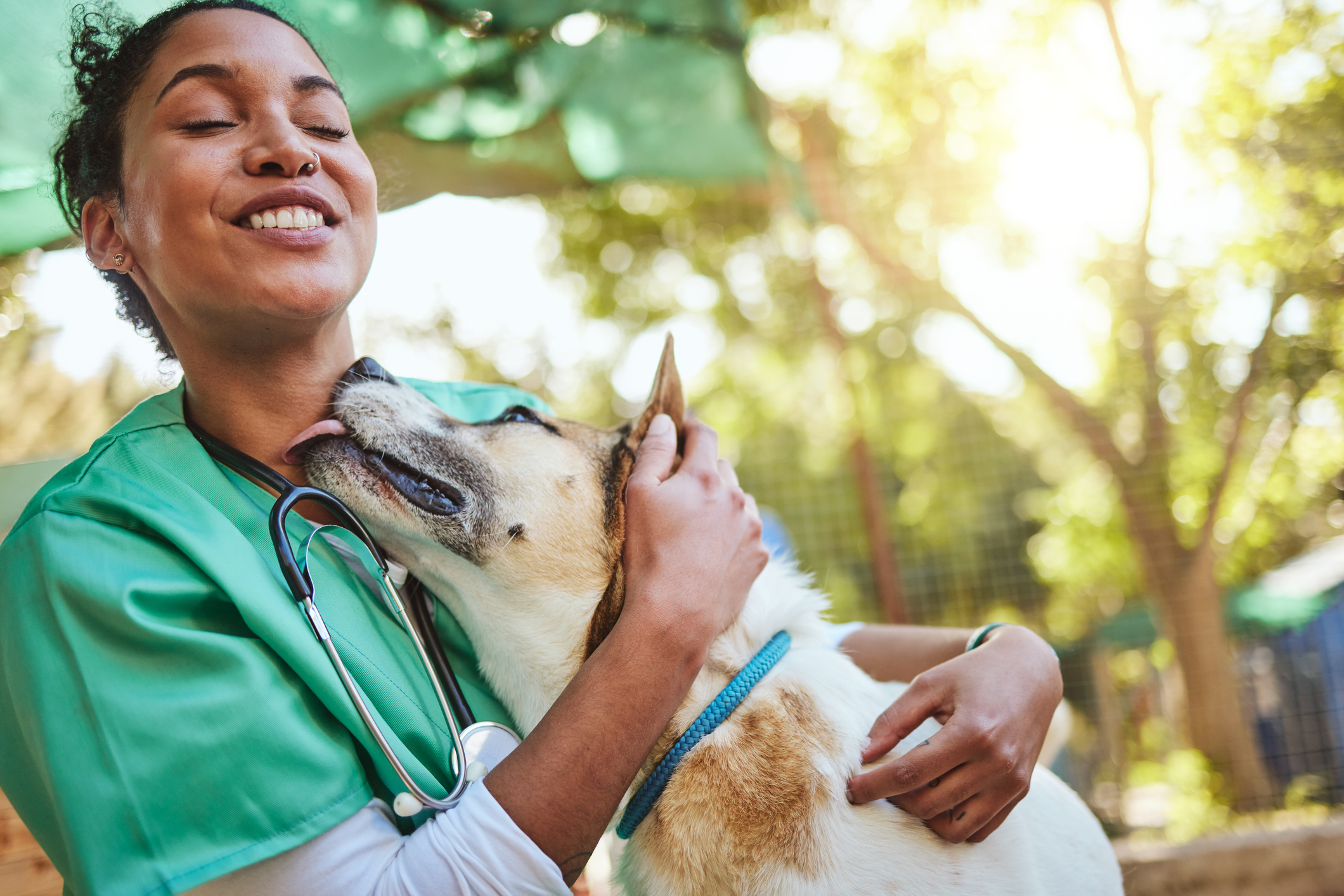Maintain Your Pet Safe with Normal Pet Vaccinations from a Trusted Veterinarian
Maintain Your Pet Safe with Normal Pet Vaccinations from a Trusted Veterinarian
Blog Article
Vaccination Guidelines From Your Trusted Veterinarian
Vaccination standards supplied by your relied on vet play a critical function in protecting your pet dog's wellness and health. Core injections are essential for all pets, while non-core injections can be customized to environmental direct exposures and certain way of livings. Understanding the subtleties of inoculation schedules, which start as very early as six to eight weeks, is crucial for optimum protection. Furthermore, attending to typical false impressions bordering injections can further enhance family pet owners' confidence in these preventative actions. As we explore these crucial facets, it ends up being increasingly clear why regular appointments with your vet are indispensable for informed decision-making.

Value of Inoculations
Vaccinations play a critical duty in protecting pet dogs versus a series of preventable conditions. By boosting the body immune system to identify and battle certain virus, vaccinations significantly lower the occurrence of infectious illness that can influence an animal's health and wellness and long life. Not just do inoculations secure individual animals, yet they also add to herd immunity, therefore minimizing the overall frequency of conditions in the animal populace.
Timely inoculations assist to minimize the spread of diseases such as rabies, parvovirus, and distemper, which can have serious repercussions for both pets and human beings. Inoculations are frequently a requirement for boarding facilities, brushing services, and dog parks, making them vital for those who want to socialize their family pets.

Core Vaccines for Pet Dogs
While the certain inoculation demands of family pets can differ based on specific variables, core vaccinations are widely recommended to shield versus one of the most significant and typical conditions (Veterinarian Enterprise). Core injections are those considered crucial for all family pets, despite their way of life or geographic area, as they protect versus possibly fatal and very infectious illnesses
For dogs, the core vaccinations include those for canine distemper, parvovirus, adenovirus (liver disease), and rabies. Adenovirus can result in liver disease, while rabies is a zoonotic condition that presents a risk to both family pets and human beings.
In cats, core vaccinations encompass feline panleukopenia, feline calicivirus, feline herpesvirus (rhinotracheitis), and rabies. Feline panleukopenia is an extremely infectious viral illness that influences the immune system and intestinal tracts. Calicivirus and herpesvirus are major factors to upper respiratory system infections in felines, while rabies continues to be a crucial concern for public wellness.
Consult with your veterinarian to guarantee your animals receive their core vaccinations on timetable.
Non-Core Vaccines Explained
Non-core vaccines are customized to attend to certain dangers related to a pet's exposure, way of living, and atmosphere to particular illness. Unlike core vaccinations, which are universally recommended for all pet dogs, non-core vaccinations are thought about based on specific situations. These vaccinations are specifically crucial for animals that might encounter one-of-a-kind pathogens because of their geographical area, traveling habits, or tasks.
Instances of non-core vaccinations include those for Bordetella bronchiseptica, which is linked to kennel cough, and Lyme illness, created by ticks. Pets that often interact with other animals, such as those in boarding facilities, pet parks, or brushing environments, might profit from Bordetella inoculation. Similarly, if you live in a location where Lyme condition is common, vaccinating versus this disease can be a prudent selection for outdoor-loving pets.
Various other non-core vaccines may include those for leptospirosis, canine influenza, and feline leukemia, depending on the details risk aspects existing. It is crucial to have an extensive discussion with your vet regarding your animal's way of living and the potential need for these vaccines, guaranteeing a customized inoculation approach that best secures your hairy pal.
Vaccination Set Up Summary

As family pets mature, it is essential to comply with the suggested booster inoculations. Emergency Vet. For adult pets, core vaccinations are normally offered every one to three years, relying on the specific vaccination and local policies. Non-core vaccines may be encouraged based upon way of living elements and local disease frequency, requiring a customized technique
Normal vet examinations are important for upgrading vaccination schedules. Your veterinarian can give advice on one of the most ideal immunizations for your pet, factoring in age, health condition, and ecological dangers. By remaining aggressive and notified, family pet owners can ensure their furry buddies get prompt and efficient vaccinations, thereby safeguarding my response their health and wellness and health throughout their lives.
Usual Misconceptions Regarding Vaccinations
Mistaken beliefs concerning pet dog vaccinations can lead to complication and reluctance among family pet owners relating to the booster shot process. One common myth is that vaccinations are unneeded for interior family pets. While it's real that interior family link pets deal with lower threats, they are not totally unsusceptible to conditions, as virus can be presented with various methods, including human apparel and other animals.
One more misconception is that vaccinations can trigger the illness they aim to stop. In reality, a lot of vaccines contain inactivated or attenuated pathogens, which can not create illness in healthy pets. Some family pet proprietors also think that their family pets ought to not be vaccinated if they are currently healthy and balanced; however, inoculations are an aggressive action that helps avoid the start of disease.
Furthermore, several pet dog proprietors are afraid that injections will lead to long-term health problems. The benefits of vaccination-- protecting pets from potentially dangerous conditions-- far exceed the threats.
Final Thought
In summary, adherence to vaccination guidelines is vital for ensuring the wellness and durability of family pets. Eliminating usual myths surrounding vaccinations better reinforces the importance of informed decision-making in pet treatment.
Not only do vaccinations protect individual animals, yet they likewise contribute to herd immunity, thereby reducing the overall frequency of illness in the family pet population.
Misconceptions concerning animal vaccinations can lead to confusion and hesitation amongst animal proprietors regarding the immunization process. While it's real that interior animals encounter lower risks, they are not totally immune to illness, as pathogens can be introduced via numerous means, consisting of human clothes and various other family pets.
Some Full Report pet dog owners additionally believe that their pets need to not be vaccinated if they are currently healthy and balanced; nevertheless, inoculations are a proactive action that assists avoid the onset of illness.
The advantages of vaccination-- shielding family pets from potentially lethal illness-- much surpass the dangers.
Report this page